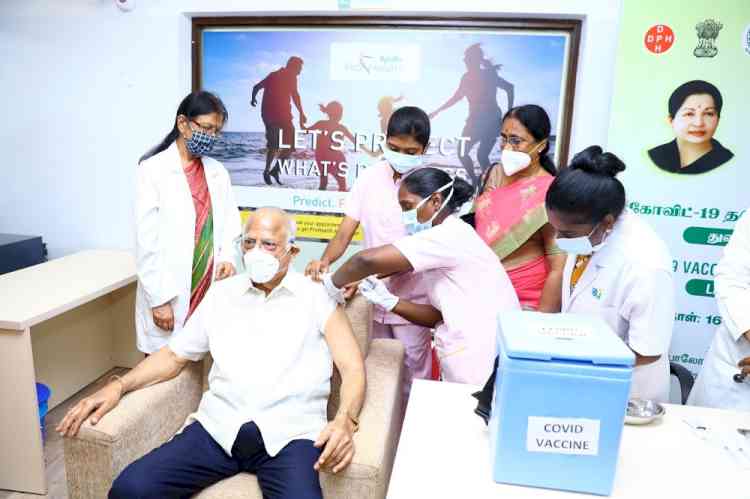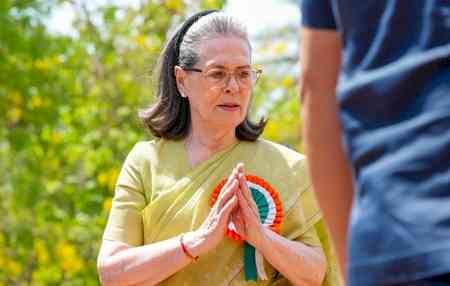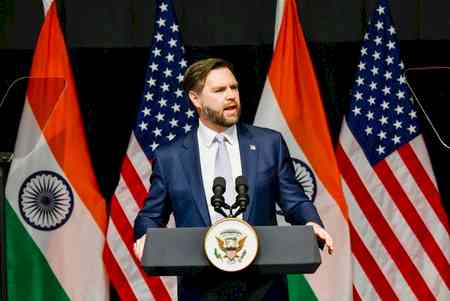As nation launches world’s largest preventive-health vaccine, Apollo Hospitals begins vaccinating healthcare workers
Apollo Vaccination Centre, Chennai one of the 3000 sites across the nation on Day 1 of the COVID vaccination drive

Chennai: After a long year spent fighting the COVID pandemic, hope and positivity was palpable in the air as the COVID vaccination program began at the Apollo Vaccination Centre in Chennai today. The Apollo Vaccination Centre is one of the 3000 sites across the country selected to vaccinate over 3 lakh healthcare workers on the first day of the national COVID vaccination drive. The vaccination program saw the vaccine being administered to healthcare workers at the COVID frontlines beginning with Dr Prathap C. Reddy, Chairman, Apollo Hospitals Group who received the first dose.
Speaking on the occasion, Dr Prathap C. Reddy, Chairman, Apollo Hospitals Group said, “The vaccine marks the turning of the tide in the fight against the novel coronavirus that brought the world to its knees for almost a year. The launch of the vaccination program is a critical event, as the last few months have seen a second wave of infections sending many countries in Europe into a fresh series of lockdowns, and a vaccine is the need of the hour to prevent and reduce new infections. I commend the Government for taking bold steps and fast tracking the vaccine approval to ensure that India’s citizens are safe and armed with a vaccine to fight the virus.”
He added, “For India, this is a landmark moment as the vaccines are being manufactured in the country itself, with one a product of indigenous R&D. This is a proud moment and a milestone in our efforts to become self-reliant or Atmanirbhar in the field of healthcare. I am privileged to be the first person in Apollo Hospitals to receive the vaccine dose here today. I am sure that this will strengthen the resolve of our frontline workers to continue to serve patients and win the battle against COVID-19.”
The immunization programme at the Apollo Vaccination Centre abided by the recommended Government protocols. The healthcare workers scheduled to receive their first vaccine dose followed proper physical distance. There was proper checking of identities before administration of the vaccine shots with cold chain maintenance, proper biomedical waste management, validation of data in Co-WIN app, observation for 30 minutes post vaccination, AEFI (adverse effects following immunization) management and above all a comforting and reassuring environment to reassure those present for the vaccine shots. During vaccination, the entire process of infection control practices were followed including screening of all beneficiaries for fever, physical distance, hand hygiene, universal masking, and safe injection practices.
The launch of the vaccination programme was the culmination of months of preparation that included preparing the infrastructure, planning the distribution, training programs, dry runs, and ensuring that both the public and private healthcare work together in this mammoth task. The Tamil Nadu government had received 5,56,500 doses of the COVID-19 vaccines including 5,36,500 doses of Covishield and 20,000 doses of Covaxin for today’s vaccination drive held at 307 locations across the state.
At Apollo Hospitals, the work began in October itself to strengthen the vaccine cold chain and gear up the facilities for efficient and fast administration by trained healthcare personnel with the highest safety standards, for up to 1 million doses per day. Over the next weeks, the COVID-19 vaccine rollout in the country will cover 30 million frontline healthcare workers across over 3,000 sites, and Apollo Hospitals is ready to play an integral role in the vaccination process. The vaccination of the healthcare workers is to be followed by vaccination of other frontline workers such as police, local administration and revenue officials, and later persons above the age of 50, and then, those aged below 50 but with co-morbidities.


 cityairnews
cityairnews 










